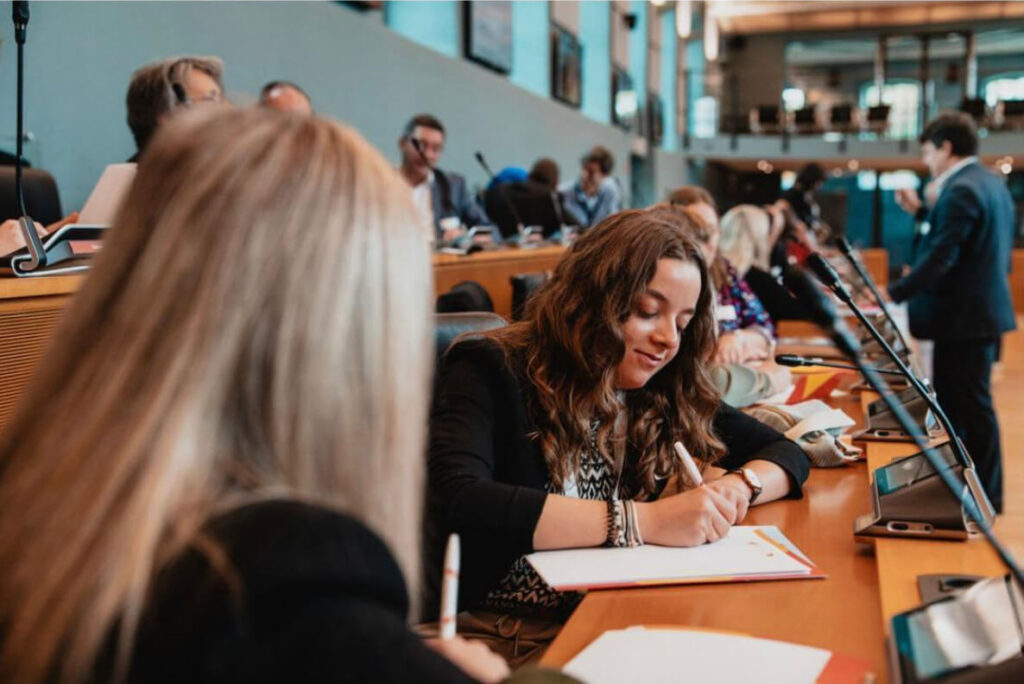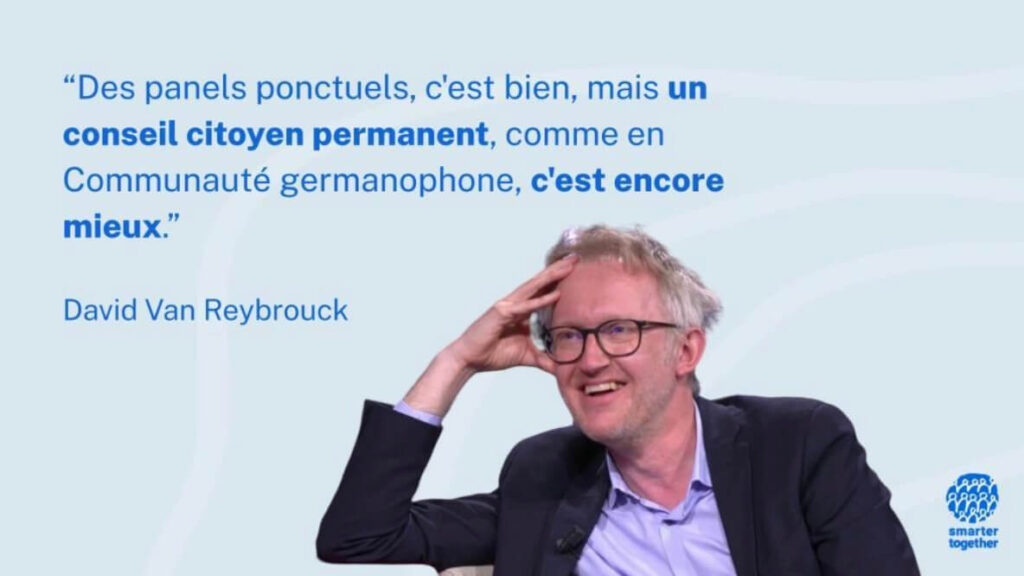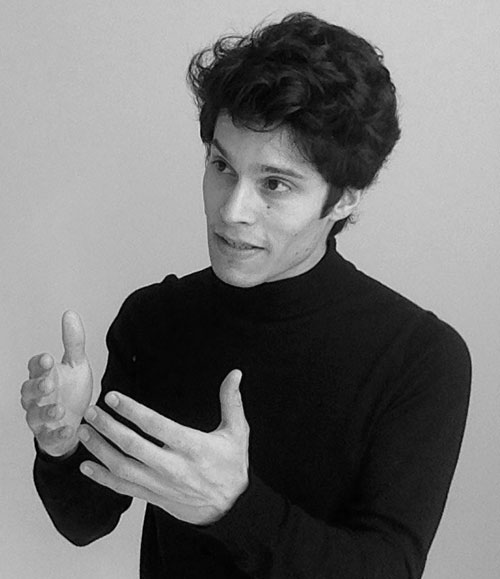Test test test

- Hybrid Deliberation
Deliberative Committee: Wallonia’s Parliament innovates in the face of the democratic crisis
On 24 February 2024, the first Deliberative Committee of the Walloon Parliament came to an end. Starting in October 2023, 10 MPs and 30 citizens chosen by lot were invited to work on the thorny issue of the region’s democratic crisis. Their proposals, published in March 2024, could well be seen in hindsight as a governance revolution in itself.
A recent Iweps survey painted a gloomy picture: a 30% fall in the confidence of Walloon citizens in their institutions. However, the signal sent out at the launch of the first Walloon Deliberative Committee was the exact opposite: more than 12% of the citizens asked to take part responded favourably. That’s more than the overwhelming majority of other initiatives inviting citizens to take part in a citizens assembly. The Citizens’ Climate Convention in France, for instance, barely managed 4%
The Walloon exception does not stop there.
Once they had entered the process, only one citizen left the adventure. A remarkable level of involvement given the investment expected. “As a political scientist who usually studies disinterest and conflict, I can see when I leave here that there is still evidence to the contrary, evidence of interest on the part of citizens and of the search for consensus”, said academic Christoph Niessen when he was interviewed by the participants in the Deliberative Committee.
While citizens are indeed politically disillusioned, they nonetheless want to be better involved. According to the study “Les Belges haussent leur voix” (Belgians raise their voices), more than two out of three citizens say they are in favour of reforms to involve the population more closely in decision-making.
A breath of fresh air in the face of political disenchantment
Citizen participation is a valuable tool in the face of polarising opinions and the erosion of the legitimacy of representatives. However, it is a double-edged sword. Last May, Le Soir ran the headline “Citizen participation in Belgium: a damning report”. Experts were sounding the alarm: the recommendations produced by citizens were given little or no consideration by elected representatives. As a result, participation is producing more and more disappointed citizens, which is the opposite of the expected effect.
One way of harnessing the potential of participatory democracy without falling foul of its shortcomings is to strengthen the link between participation and political institutions. Belgium has been a pioneer in this field, with two internationally acclaimed models, each with a different strategy: on the one hand, the Deliberative Committees in the Brussels region invite elected representatives to co-construct with citizens, making it easier for them to take ownership of the recommendations produced and ultimately to implement them. On the other hand, the German-speaking community has set up a permanent citizens’ council to monitor the recommendations over time.
A major democratic innovation

In January 2024, when the House of Representatives adopted the possibility of organising deliberative Committees, the writer David Van Reybrouck, who is involved in these issues, commented: “one-off panels are fine, but a permanent citizens’ council, as in the German-speaking Community, is even better”. We dreamt of it, the Walloon Deliberative Committee did it! The Walloon participants are proposing a permanent council inspired by the German-speaking model, but with a Brussels-style mix of elected representatives and citizens.
This first recommendation is accompanied by some thirty proposals that provide strong responses to the challenges of participation. These include lowering the signature threshold to make it easier to trigger Popular Consultations. These are an effective tool for involving the population at large, but are virtually unused because of the dissuasive conditions for triggering them. The Walloon participants also proposed allowing a graduated or “preferendum” vote during Popular Consultations, which would provide more nuance than a simple yes/no vote. Finally, this Deliberative Committee invites consideration of opening up the referendum to the regional level, with a desire to stimulate debate on this subject, despite its unconstitutionality.
What will happen next?
Although the recommendations produced by this Deliberative Committee do not have the force of law, the quality of the involvement of the MPs alongside the citizens gives reason to hope for a positive outcome. “I want you to know that, wherever we are after these elections, we will be the guardians of the recommendations that we have all approved here”, concluded the Chair of the Deliberative Committee, Marie-Martine Schyns, at the last meeting.
If adopted, these ambitious recommendations would position the Walloon Parliament at the centre of a new wave of democratic innovation, effectively reconciling citizens and representatives.
Other related articles
Find out all about the first Deliberative Committee at the Walloon Parliament, a promising democratic innovation Recommendations of the first Walloon Deliberative Committee
You’d like to know more about the methods used in this case?
Book an appointment to start unleashing your creativity with the project’s manager, Victor
Send an email


